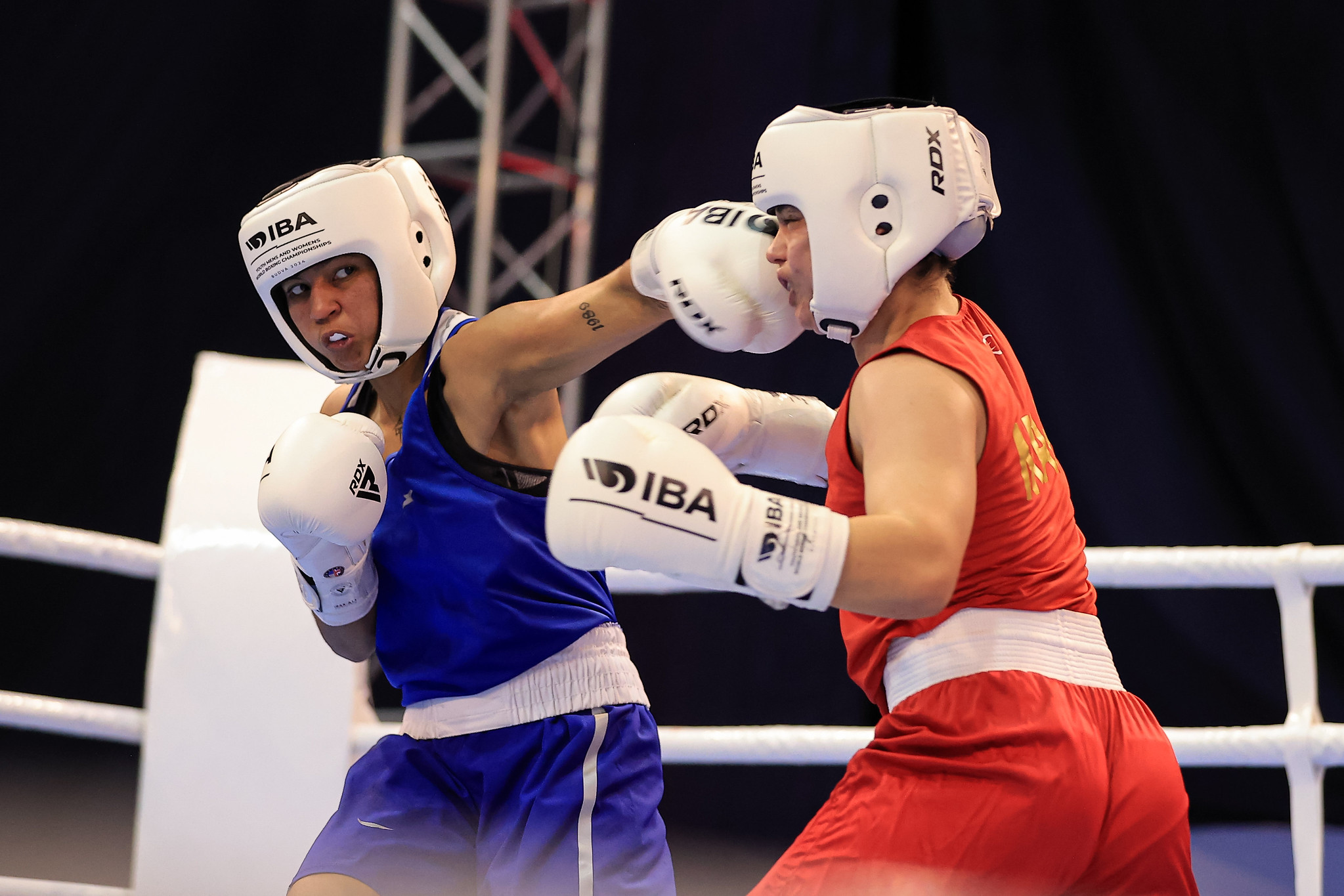Blitz News Digest
Stay updated with the latest trends and insights.
Gloves Off: The Surprising Science Behind Boxing Success
Uncover the unexpected science that fuels boxing champions and learn how it can elevate your own game. Dive in now!
The Role of Mental Toughness in Boxing: How Psychology Fuels Success
Mental toughness is a crucial component of a boxer's success, often playing an even more significant role than physical attributes alone. In a sport where every second counts, the ability to maintain composure under pressure can be the difference between victory and defeat. Mental resilience enables fighters to push through pain, adapt to unexpected challenges, and stay focused on their goals. This psychological fortitude is not only about grit; it also involves employing specific techniques such as visualization, positive self-talk, and goal setting, which can help boxers remain calm and collected amid the chaos of the ring.
Moreover, the psychological aspect of boxing cannot be underestimated when it comes to competition. The mental game involves understanding one's opponent as well, which can lead to strategic advantages. A mentally tough boxer can read the emotions and intentions of their opponent, exploiting weaknesses while maintaining their own focus and strategy. This interplay between psychology and physical performance highlights how mental toughness truly fuels success in boxing, transforming raw talent into a winning mindset that can dominate the sport.

Top 5 Scientific Training Techniques for Aspiring Boxers
For aspiring boxers looking to elevate their performance, incorporating scientific training techniques into their regimen is essential. These methods not only enhance physical capabilities but also improve mental resilience. Here are the top five scientific training techniques that can help you maximize your boxing potential:
- Periodization: This method involves varying your training intensity and volume over cycles to prevent plateaus and enhance performance.
- Cross-Training: Engaging in different sports or activities can improve overall fitness and reduce the risk of injuries.
- Biometric Monitoring: Utilizing heart rate monitors or GPS devices helps track progress and tailor workouts effectively.
- Nutrition Science: Understanding the role of macronutrients and hydration in performance can lead to better energy management.
- Mindfulness Training: Techniques such as visualization or meditation can enhance focus and reduce performance anxiety, crucial for competitive success.
What Can Data Tell Us About the Key Factors of Boxing Champions?
Analyzing data in boxing reveals several key factors that contribute to the success of champions. One notable aspect is the importance of attributes like speed, strength, and stamina. Data-driven studies show that a significant percentage of champions excel in these physical attributes compared to non-champions. For instance, speed can lead to an average of 30% more punches landed, which directly correlates to winning rounds. Moreover, training hours play a crucial role, with successful boxers often logging well over 20 hours a week in the gym.
Furthermore, mental toughness and strategic acumen are pivotal in determining the longevity and success of a champion's career. Psychological assessments indicate that elite boxers possess higher resilience levels, enabling them to recover from setbacks during fights. Data also illustrates the effectiveness of various fighting styles; for example, boxers with a defensive style have a 15% higher win rate in championship bouts. By analyzing these factors collectively, we can gain deep insights into what truly makes a boxing champion, guiding upcoming athletes in their journeys to success.